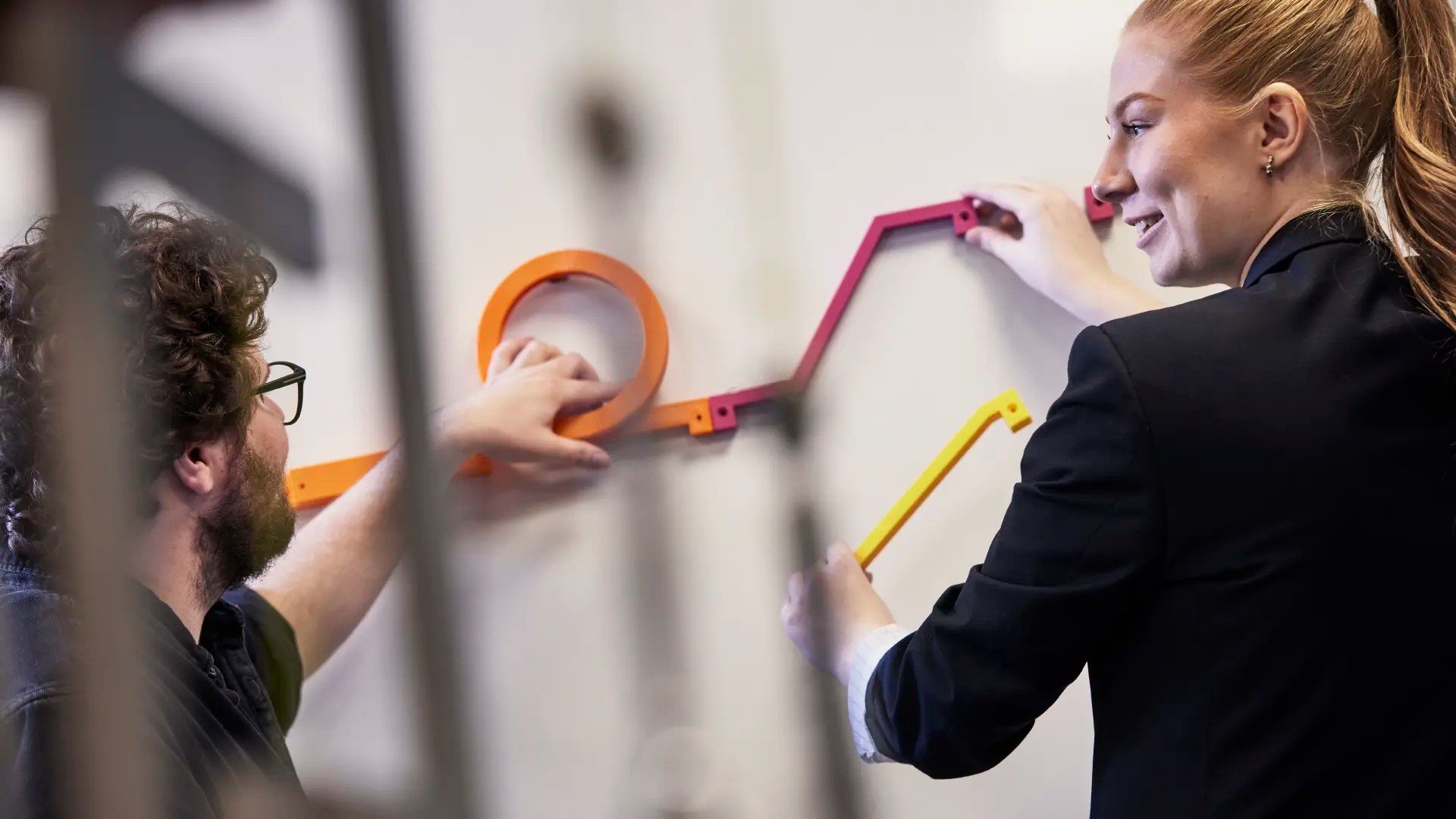
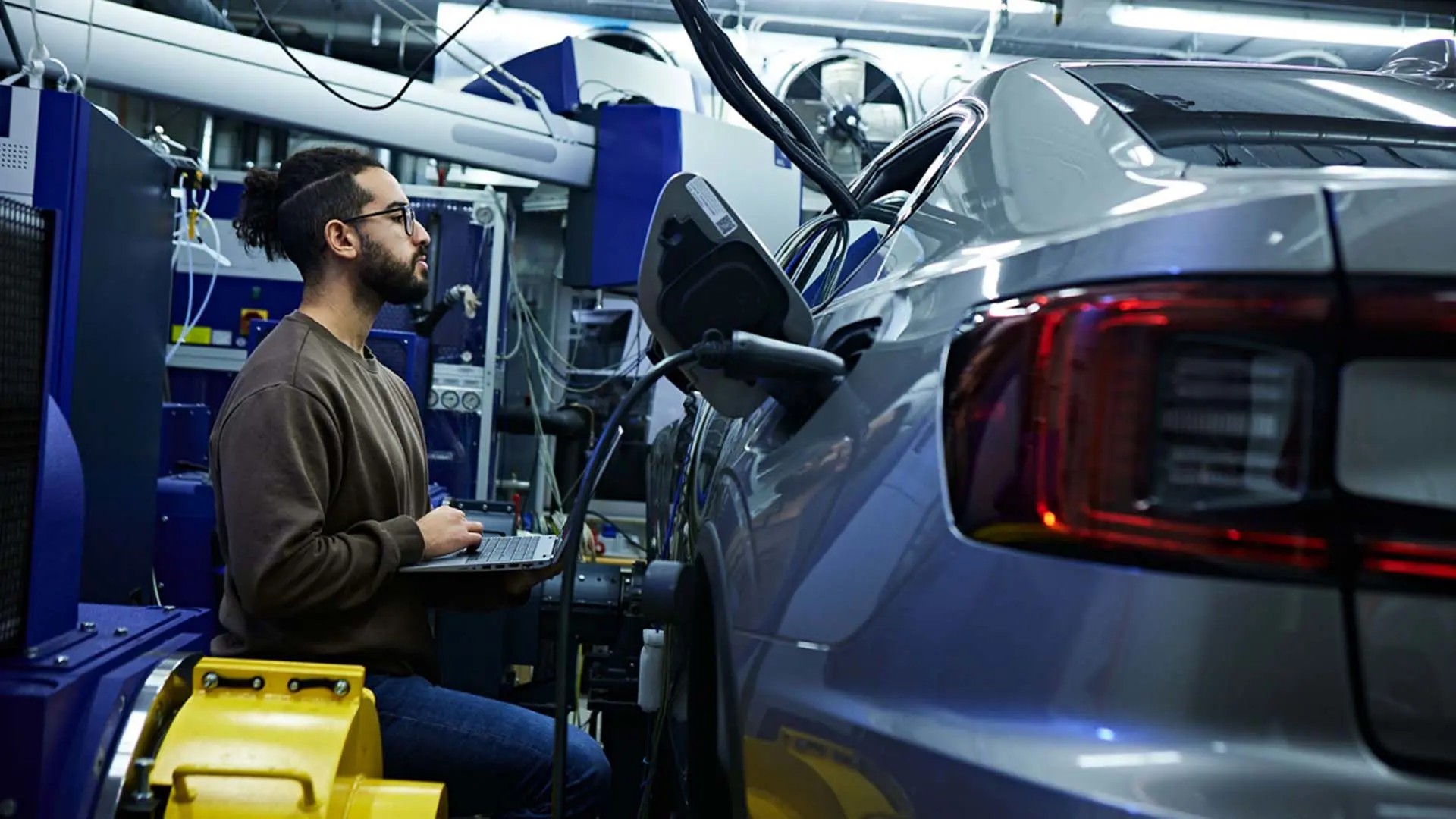
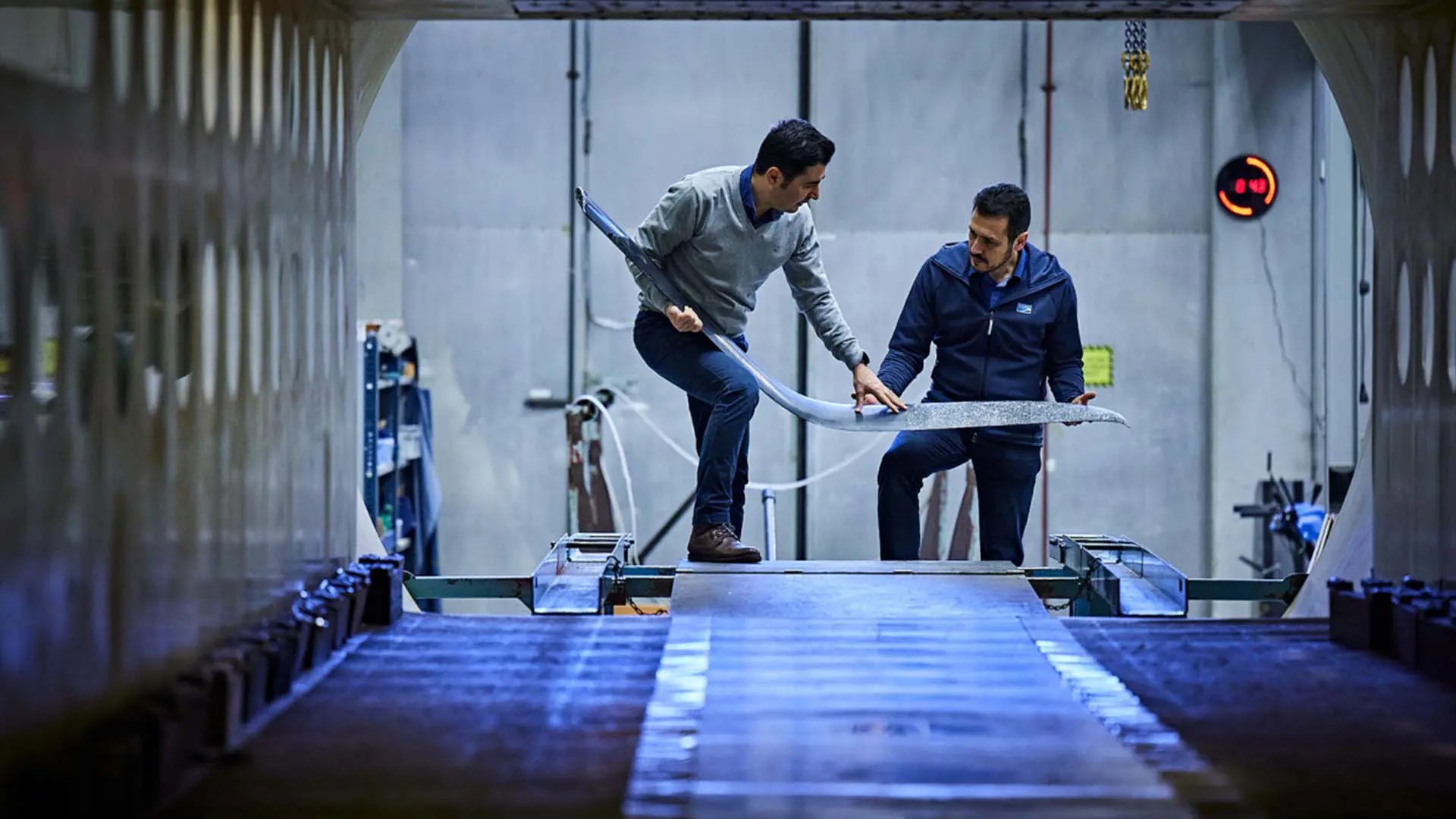
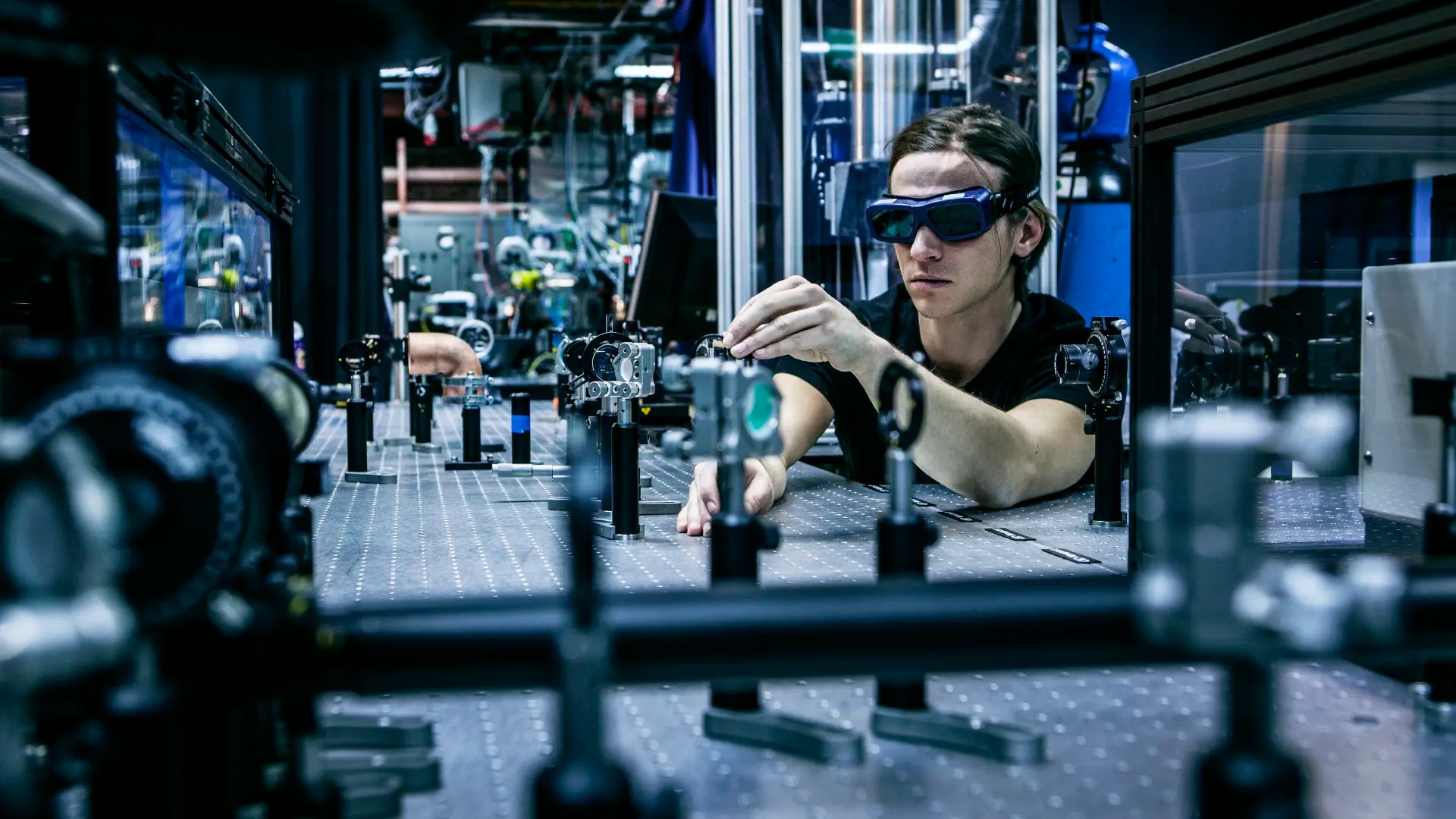
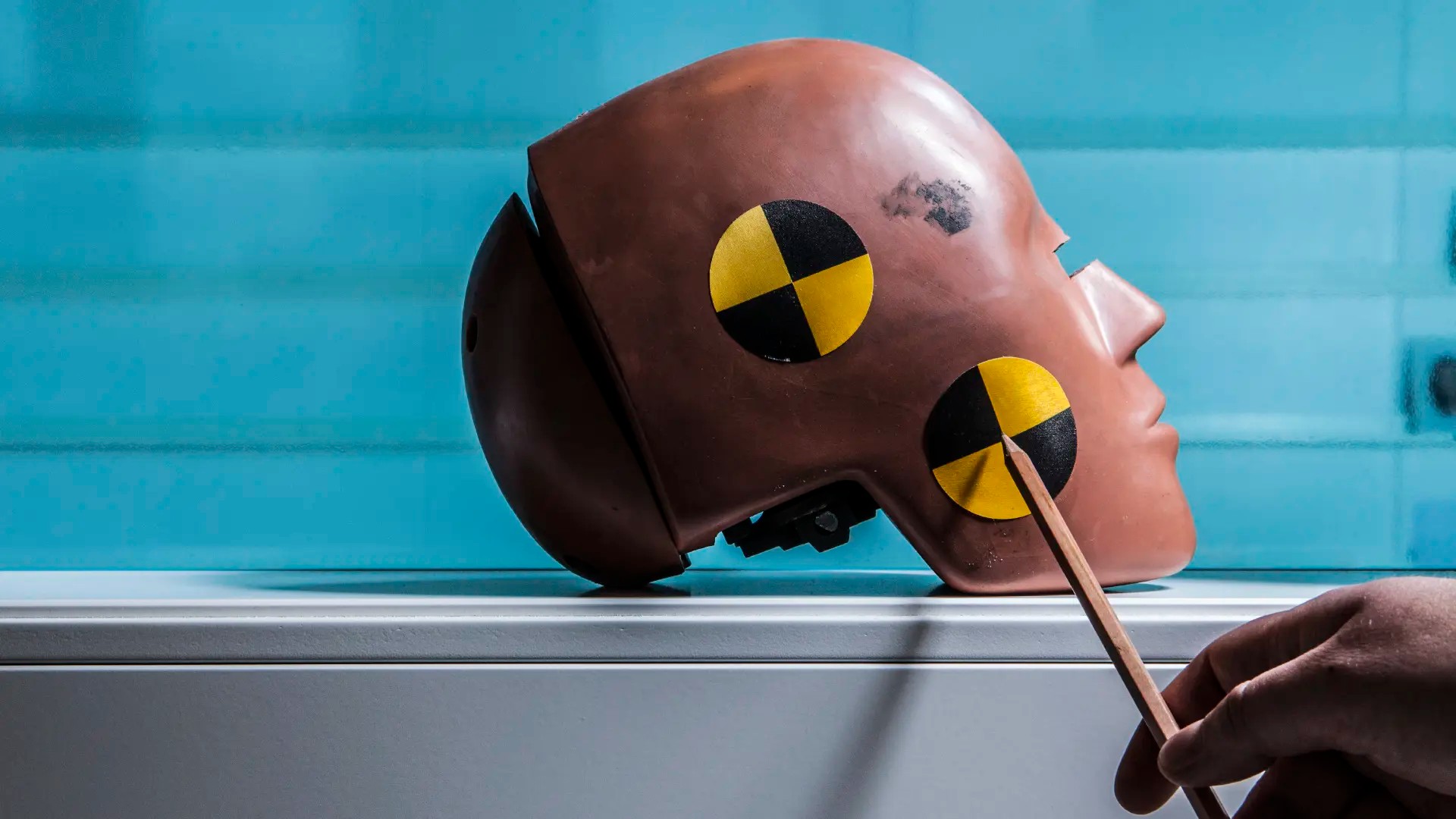
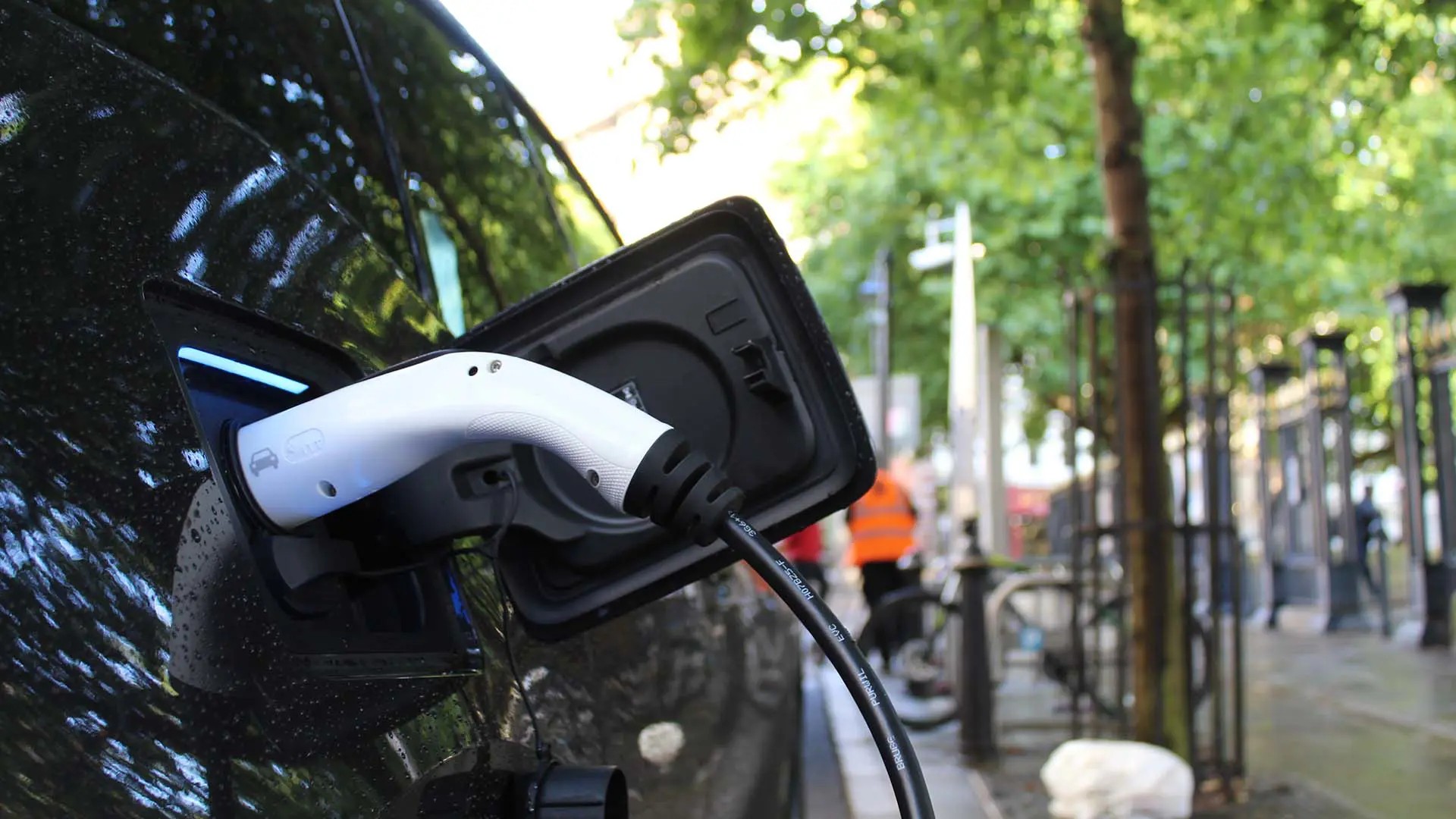
Nearly all research projects conducted at the Department of Mechanics and Maritime Sciences share one and the same goal – to contribute to the transition to a sustainable transportation system. Our broad research portfolio is unique and covers all forms of transport - cars, planes, trains, trucks, ships and trains - and contributes to environmentally friendly process technology and sustainable energy supply.
Towards a sustainable transportation system and energy supply
We conduct fundamental and applied research in all modes of transport to achieve sustainable, safe and smart technological solutions to accelerate the transition to a more sustainable transportation system and society. Our research projects are applied on the roads, on rail, in air and water and focus on contributing to society's ability to meet critical challenges when trying to reach global climate and sustainability goals.
We are constantly searching for new technical solutions to increase efficiency and performance in energy supply. With our research in hydrogen, wind and wave power, we contribute to the development of renewable energy and fuel sources.
Unique and multidisciplinary research portfolio
The Department of Mechanics and Maritime Sciences has a multidisciplinary research portfolio, exhibiting strong theoretical and experimental skills within seven research divisions in mechanical engineering and maritime sciences. We are able to implement unique combinations of physical and theoretical modelling, using in-house competitive research facilities and through access to our partners’ infrastructures, such as Asta Zero, Revere, Kristineberg Center for Marine Research and Innovation and SSPA Sweden AB.
Our research divisions

Dynamics
We take on dynamic challenges such as various vibration problems and problems linked to fatigue, abrasion, contact mechanics, wave propagation, optimization and smart materials.

Fluid Dynamics
Our mission is to gain fundamental knowledge about turbulent incompressible and compressible, single and multiphase flows through numerical and experimental research.

Marine Technology
The research in Marine Technology makes the ships' propellers quieter and increases their lifespan. We improve the properties of the hulls in the water, reduce resistance and make the ships more fuel-efficient - and pave the way for increased electrification of shipping with less climate impact.
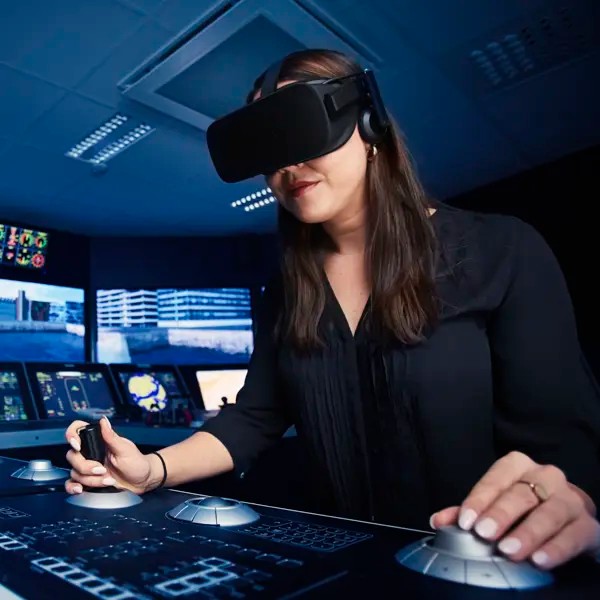
Maritime Studies
We conduct research in shipping and train the naval commanders of tomorrow, with a strong focus on sustainable development of shipping. We also explore various aspects of shipping's environmental impact - which results in decision-making for both maritime actors and authorities.

Transport, Energy and Environment
We are a key player in the transition towards a more sustainable transport sector, and our focus is on road and maritime transport.

Vehicle Engineering and Autonomous Systems
We conduct research in vehicle analysis and robotics with a focus on the transition to a sustainable society and transportation system where vehicle safety, energy optimization and autonomous vehicles are the most important building blocks.

Vehicle Safety
Our research is mainly aimed at reducing the risk of traffic accidents and personal injuries. Our researchers have access to both experimental tools and calculation tools for analysis of the factors that can contribute to a collision or for studies of the crash mechanics of different types of vehicles and travelling linked to the risk of personal injury.

